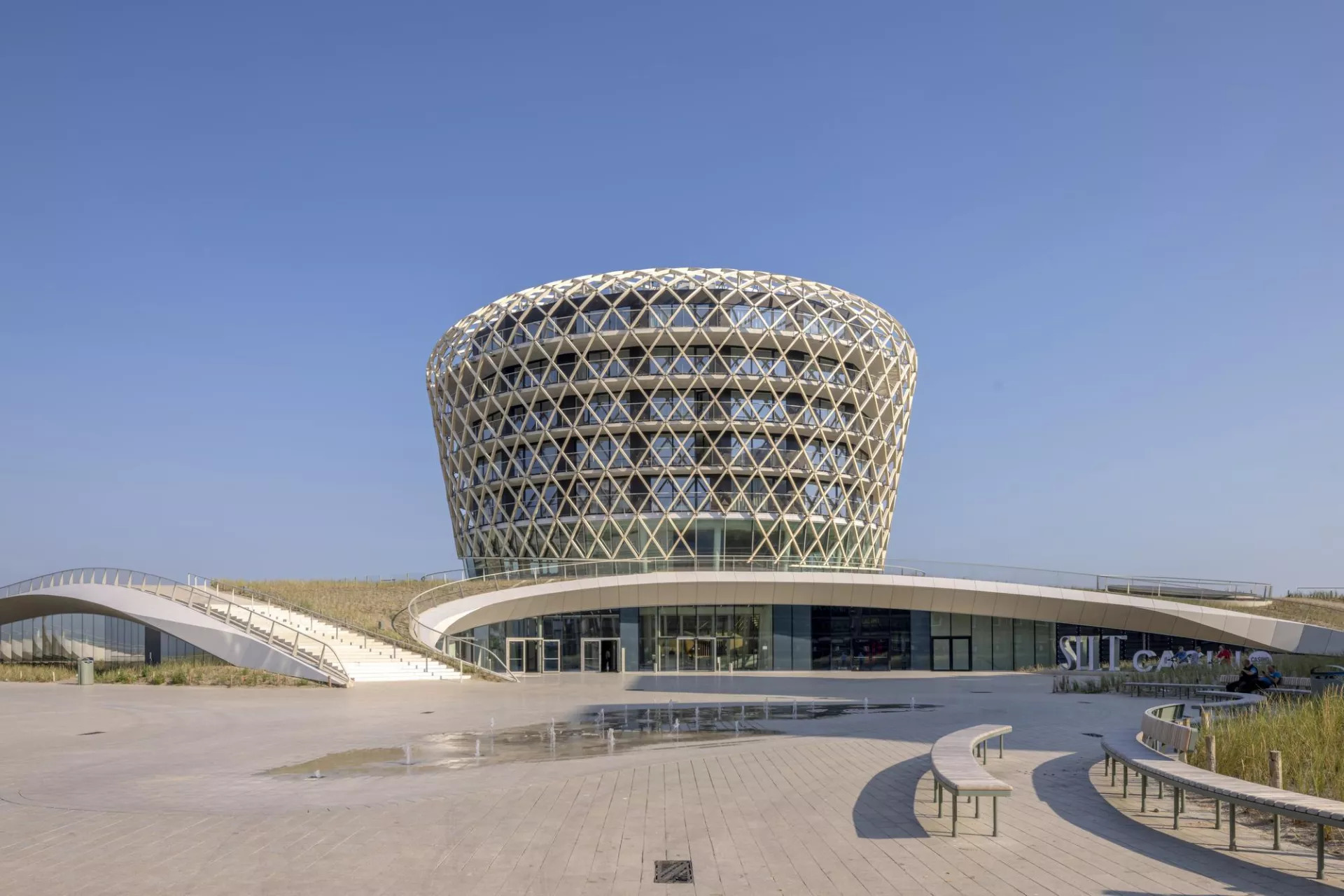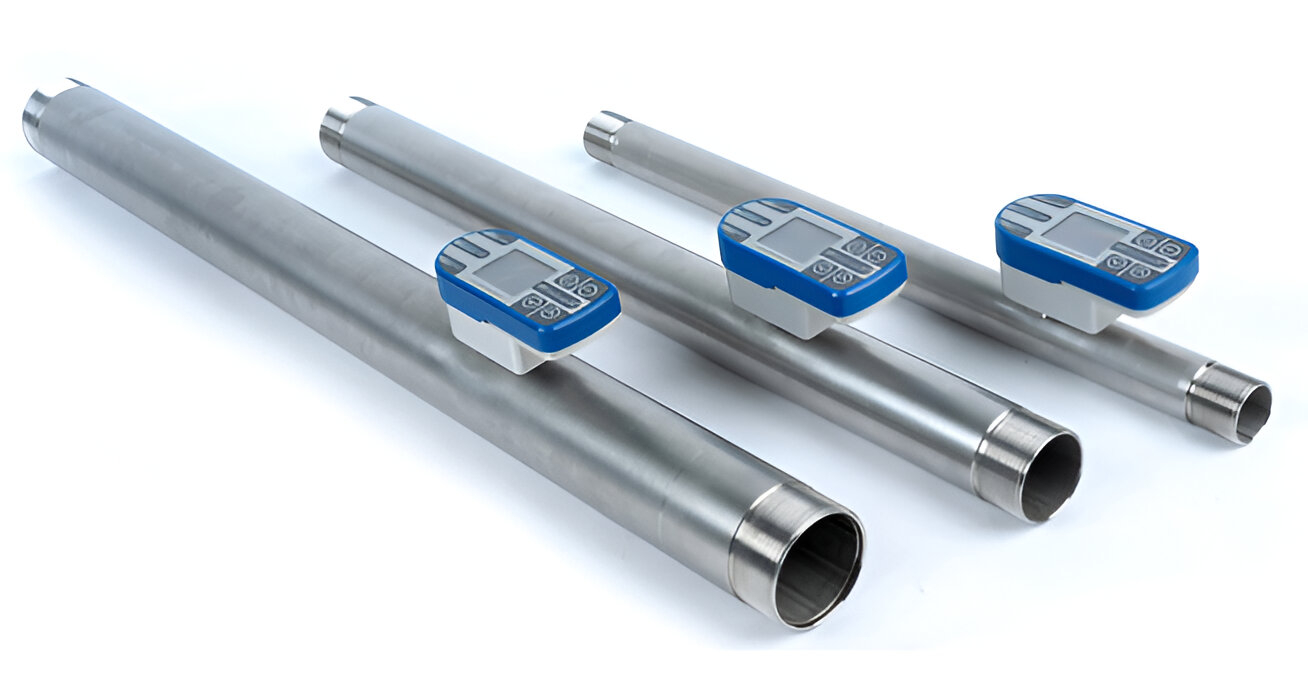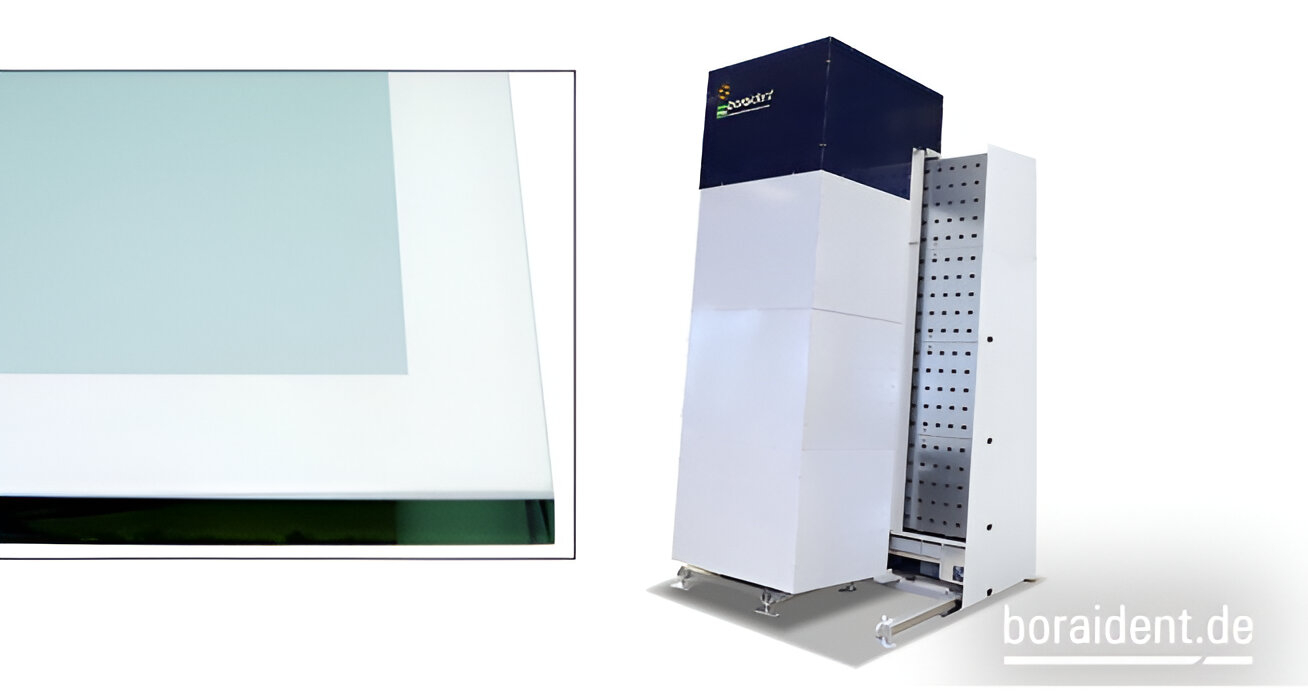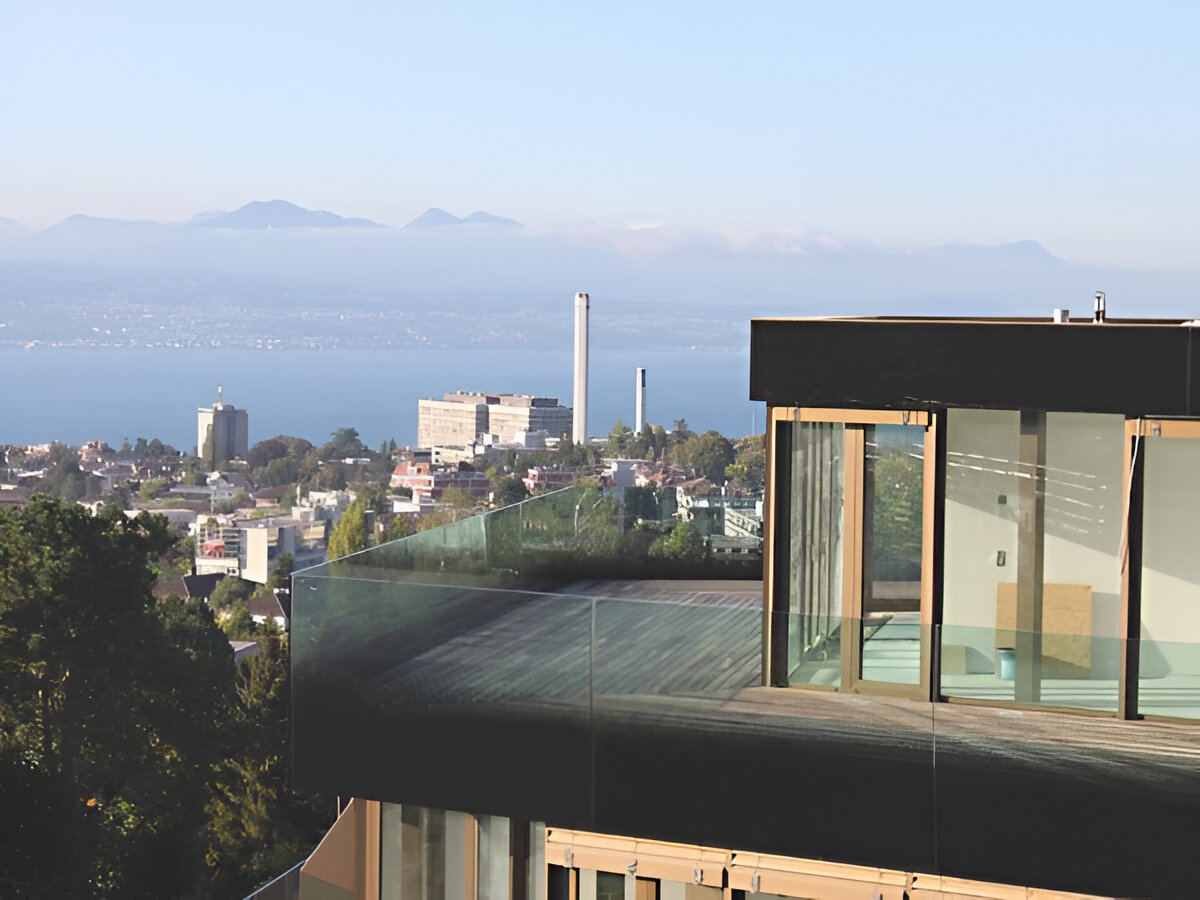Glass for Europe has responded to the European Commission’s public consultation on revising the EU Emissions Trading System (EU ETS), stressing the need for a new framework to support the flat glass industry’s decarbonisation efforts.
Flat Glass: Essential but Hard to Decarbonise
Supplying the building, automotive, and solar sectors, flat glass is critical to Europe’s green transition. However, the industry lacks breakthrough technologies to drastically cut emissions during production, while also facing rising costs and fierce global competition.
Current ETS Not Fit for Post-2030 Goals
According to Glass for Europe, the existing EU ETS is ill-suited to meet the bloc’s 2040 climate targets. A redesigned system is essential to restore a viable business case for sustainable flat glass manufacturing.
Five Key Policy Recommendations
Glass for Europe’s position paper outlines five major reforms:
- Continued protection from carbon leakage via free allocations, calibrated at sector level.
- Harmonised compensation for indirect emissions to ease energy cost burdens.
- Flexibility to include negative emissions, carbon removals, and international credits.
- Enhanced innovation funding through instruments like the Innovation Fund and Decarbonisation Bank.
- A new, long-term EU ETS framework aligned with industrial investment cycles.
A Call for Climate Policy That Works for Industry
Glass for Europe stresses that a revised EU ETS must support innovation and provide certainty to sectors like flat glass, central to achieving Europe’s climate and sustainability goals.
Source: Glass for Europe with additional information added by Glass Balkan







